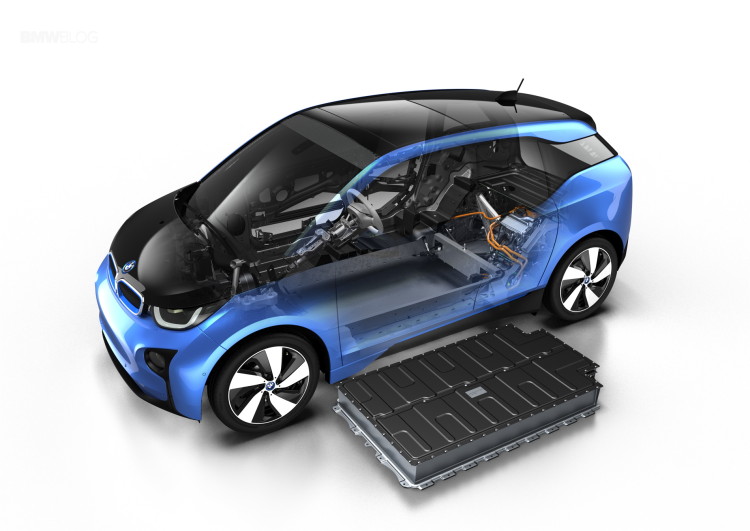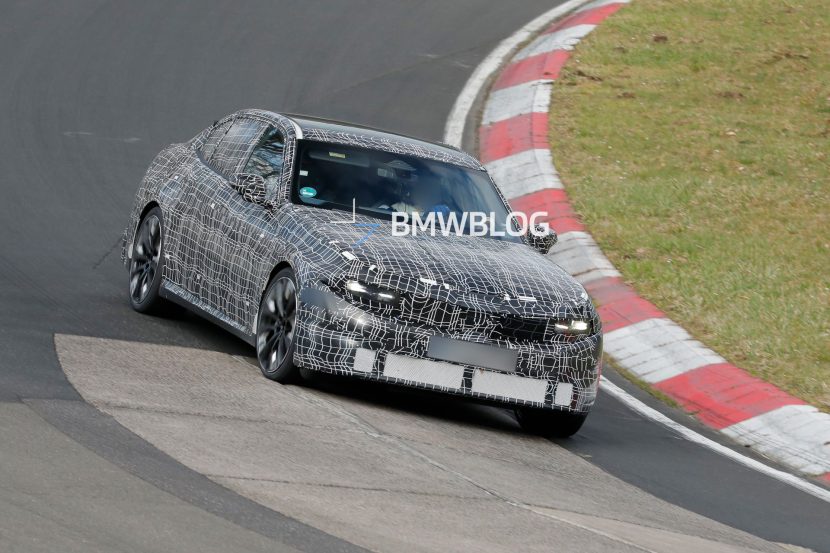Sales of the BMW i3 are on the rise once again, growing at an accelerated pace after the German government decided to subsidize the purchase of electric or plug-in hybrid models. The newly introduced incentives have already had an effect on the i3 sales, the demand being “many times over” what the company recorded back in 2013, when the electric car was initially launched.
According to Reuters, citing sources inside BMW, the rise in i3 sales was also influenced by the bigger driving range introduced with the updated i3 model. Earlier this year BMW unveiled a slightly improved version of its first ever electric car, featuring a new battery pack that can store more energy than before, increasing the car’s claimed range in the process by nearly 50 percent.
The new 94Ah battery is a drastic improvement over the initial 64Ah version and has a capacity of 33 kWh (kilowatt hours), thanks to a higher density of the lithium-ion cells. Yet, despite the added capacity, the battery hasn’t increased in size at all, meaning it fits perfectly into the same battery tray as the previous-gen i3’s.
So far, since the 4,000 Euro subsidy was introduced for EVs along with the new battery for the i3, over 5,000 orders have been put in for the i car, over 1,000 of them from German citizens. Furthermore, BMW officials are expecting the same rise in demand to take place for its new range of plug-in hybrid models as the government is also offering a 3,000 Euro incentive for them. That includes the 330e, BMW X5 xDrive40e, 740e and 225xe Active Tourer models, the 2 Series Active Tourer being the best selling BMW in Germany at the moment, hybrid or not.






































































